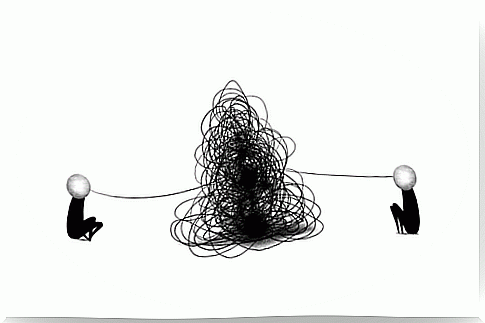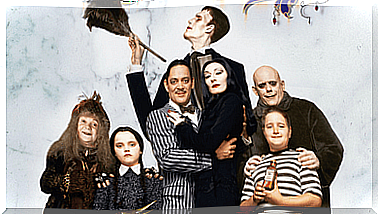Psychologists Offer Valuable Help, They Don’t Work Miracles

Psychologists play a fundamental and necessary role, however there are still numerous unfounded beliefs / myths / rumors that lead us to lose sight of the true goal of psychology therapy. The most common opinion, although wrong, is that psychologists work miracles.
Many people are disappointed when they decide to consult a psychologist. Finding the right psychologist, the therapy that best meets our needs and the most suitable area of specialization is certainly important. However, it is also important to have an open mind, willing to collaborate: only we have the power to succeed, regardless of the goal we set ourselves and the psychologist who will take care of us.
When going to the psychologist becomes a burden
As much as we would like it to be, psychologists cannot work miracles or make us lie down on a couch and operate on us.
Psychotherapy does not involve anesthesia, and the patient’s cooperation is essential. Precisely for this reason, sometimes, going to the psychologist becomes a burden, an experience not to be repeated. This happens because sometimes the psychologist can make us uncomfortable by asking too many questions or by exhorting us to see the situation that disturbs us from a totally different point of view from the one adopted up to that moment, making us dwell on the fact that, even if only partially, we are responsible for what happens around us and, therefore, that we must take responsibility for our decisions.

Many people turn to a psychologist because they feel they are victims of something or someone and need to let off steam. For example, some people go to therapy to deal with problems such as infidelity of the partner and when the psychologist asks them: “Why is he still with us?” they are offended by replying (as if it were the only possible answer) “Because I love him / her”.
As therapy progresses, these patients will resist and refuse the therapist’s “no help” simply because he has not told them what they wanted to hear. Maybe they were expecting a magic formula that could make the partner faithful or more simply they sought the approval of the therapist. For this reason, when they realize that the best choice, the only feasible one, but that it depends only on them is to leave the partner, feeling frustrated they discharge the responsibility for the breakup on the psychologist.
Often when we go to the psychologist our intention is to find someone who tells us that we are right or who reveals a magic formula so that the situation that grips us is resolved as we would like. Unfortunately, however, this belief is only the result of our fears and insecurities, the reality is quite different. Psychologists can help us overcome a bereavement, for example, but they will never be able to bring the person we miss back to life.
Psychologists and patients in the psychotherapeutic path
When going to therapy, it is important to recognize the role of the psychologist, but it is equally important to understand the role that we ourselves play as patients. First of all, as already mentioned, it is good to keep in mind that psychologists do not work miracles. Their job is to equip us with tools and show us the infinite possibilities we have available when we feel stuck in a situation with no way out.

The psychologist will never tell us what to do or make decisions for us. However, we may still need some tricks to improve our self-esteem, work on our insecurities, overcome our fears to get rid of a block. This is what psychologists do: provide us with the tools necessary to feel at peace with ourselves, increase our self-esteem and our confidence, face fears and improve the way we relate to others.
This does not mean that it is not necessary to work on our decision-making skills during therapy. For this purpose, there are several strategies, all of which are very effective. One of these is to use the psychologist to order ideas or to dwell more carefully on the hypothetical scenarios with which one is dealing. Nevertheless, the psychologist will never tell us what to do or how he would have acted in our place, because, it is simply not up to him to decide.
The above does not make the role of the psychologist less valuable. His advice, in fact, can facilitate an important decision. It is up to us to take the first step, we know what could make us feel better. We just have to make a decision and put it into action without thinking about it. We now have the necessary elements to do this.









